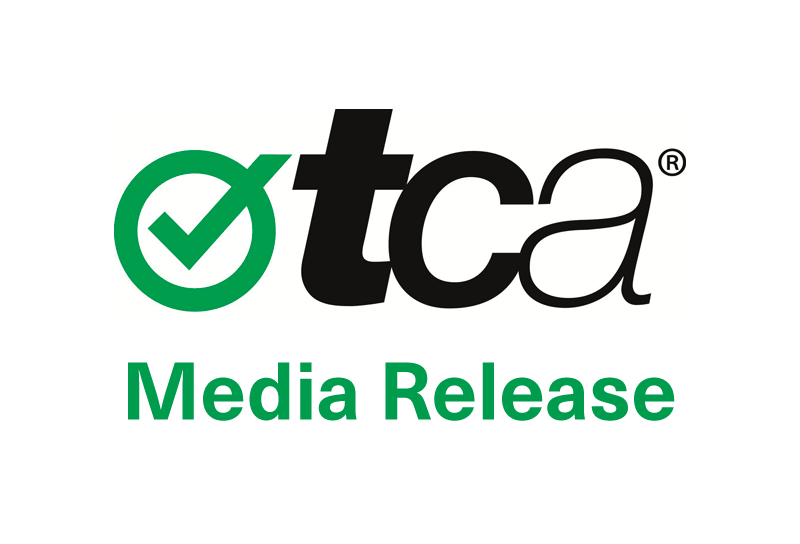Intelligent Access Program (IAP) pilot commences in Sweden

Transport Certification Australia (TCA) and Trafikverket (Swedish Transport Administration) announced at this week’s inaugural meeting of the new OECD Workshop for High Capacity Vehicles in Paris that the Operational Pilot of the IAP in Sweden has now officially commenced.
The pilot of the IAP in Sweden – using certified Global Navigation Satellite System (GNSS) enabled telematics services to manage heavy vehicle access on the road network – follows the signing of a Memorandum of Understanding (MoU) between Trafikverket and TCA during 2012.
Since the signing of the MoU, TCA has worked closely with Trafikverket, and a consortium of stakeholders from Sweden including Transportstyrelsen (Swedish Transport Agency) Lund University, CLOSER, the forest research institute Skogforsk, and heavy vehicle manufacturers Scania and Volvo.
“The IAP utilises certified, evidentiary quality services performed by multiple private sector service providers. It enables road transport reforms by managing infrastructure risks and compliance, providing governments with the highest levels of assurance that the right truck is on the right road at the right time, and if required, to ensure the vehicle does not exceed gross speed thresholds,” said TCA Chief Executive Officer, Chris Koniditsiotis.
“During 2011 the IAP was identified by Swedish representatives from government and industry representatives as a low-cost, 21st century approach to the management of heavy vehicle access and compliance management. In fact, the reasons behind the success of the IAP in Australia – and its adoption across a growing number of access applications and transport operators – are the same reasons which led to the IAP Pilot in Sweden.”
“I’m pleased to confirm that the first three vehicles involved in the Swedish Operational Pilot are obtaining their IAP services from Transtech Driven – one of the five IAP Service Providers certified by TCA in Australia which provides IAP services to Australian transport operators.”
“The pilot is demonstrating how the IAP is able to increase access entitlements for High Capacity Transports on the Swedish road network, by ensuring that productivity, safety and environmental outcomes are advanced in unison,” said Mr Koniditsiotis.
Anders Berndtsson, Chief Strategist at Trafikverket said, “We see IAP and similar systems as possible instruments for better risk management, enabling us to open up a substantial part of the road network for new vehicle combinations. This will help us utilise our road network while reducing climate impact from road transports.”
“The IAP pilot will help us to foster a safety culture, and also support fair transport which is a focus area in the Swedish transport industry.”
“The pilot has just started and we are looking forward for results guiding us in a Swedish application. There are now three vehicle combinations participating in the IAP pilot operated by Lund University, and we hope to introduce additional vehicles soon in the Pilot,” said Mr Berndtsson.
The operating framework for the IAP has been adopted globally as ISO 15638 – Framework for Collaborative Telematics Applications for Regulated Commercial Freight Vehicles (TARV), published by the International Standards Organisation (ISO).
TCA’s work in deploying operational applications through its National Telematics Framework, consistent with ISO 15638, is considered a world’s best practice approach to facilitate the sustainable use of telematics and related intelligent technologies.
ISO 15638 provides an effective nexus between the public and the private sectors to deliver technology-based operational programs to deliver public purpose outcomes – without significant up-front costs to government and/or industry, thereby reducing development and operating costs for all stakeholders.
TCA looks forward to working with stakeholders in Sweden to advance the use of the IAP, and to demonstrate the benefits of using regulatory telematics to meet the growing needs of regulators internationally.